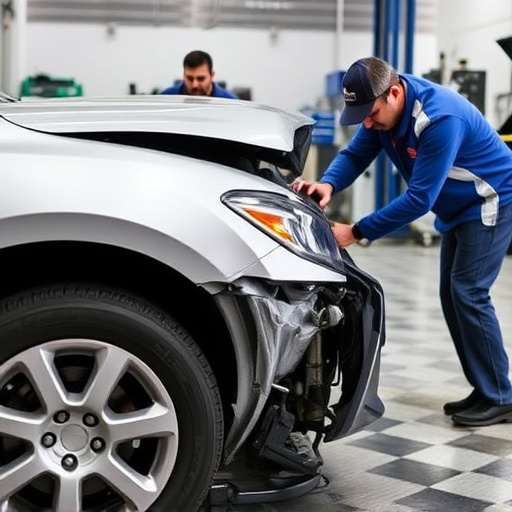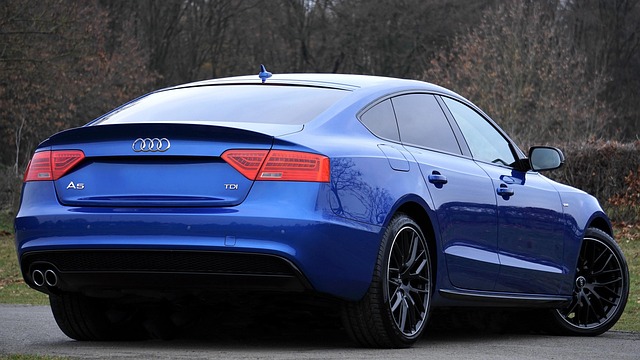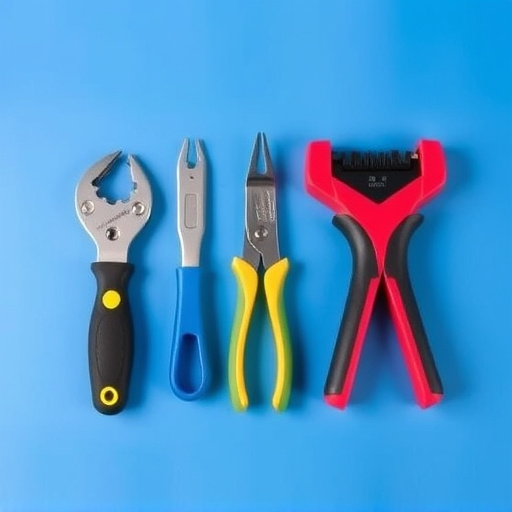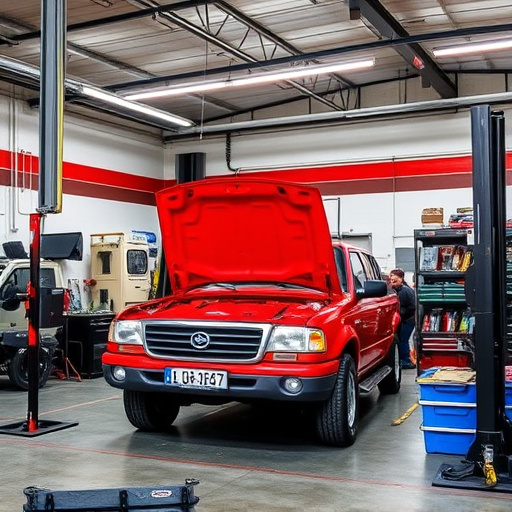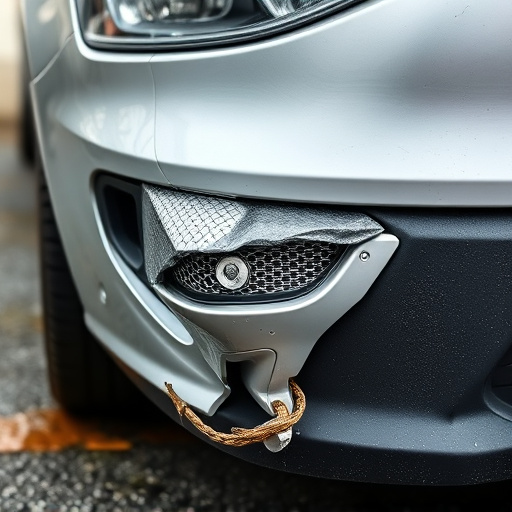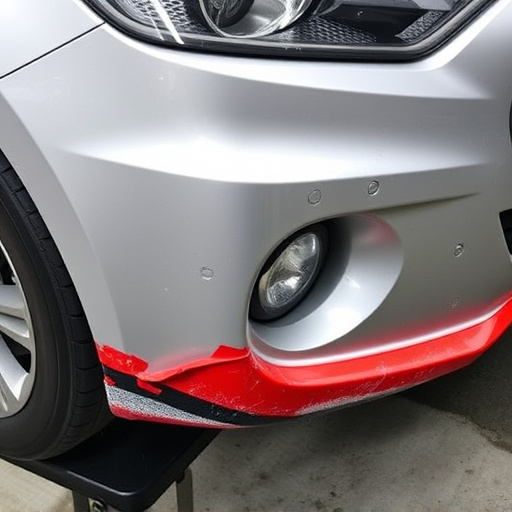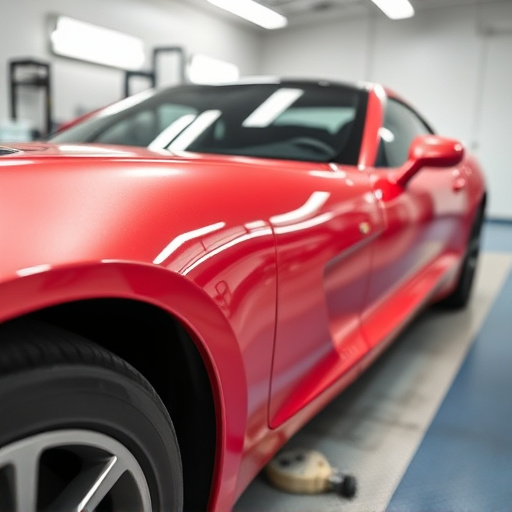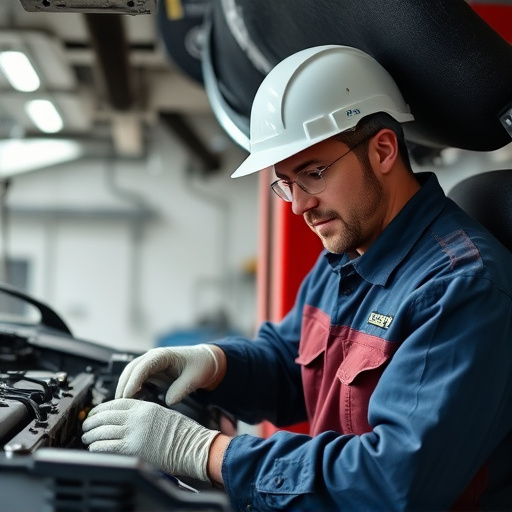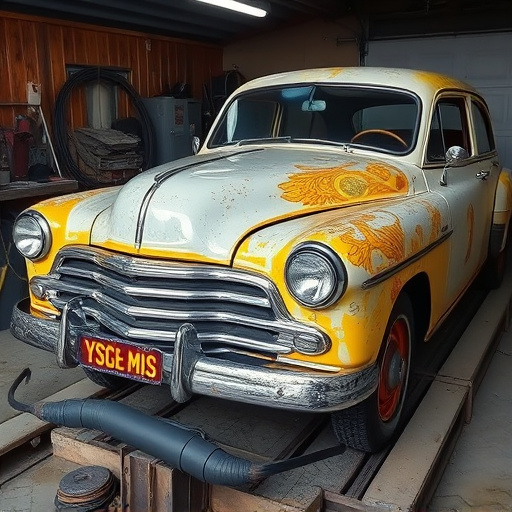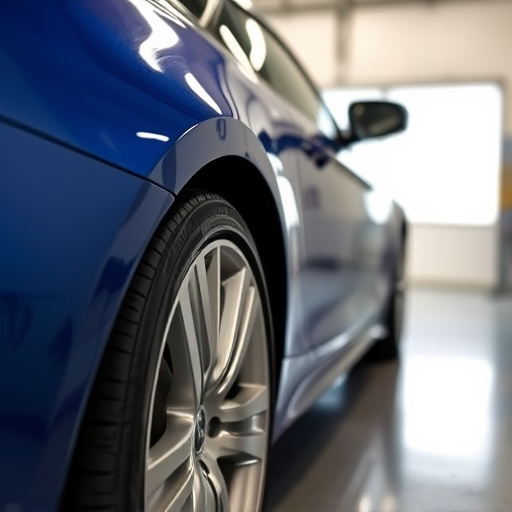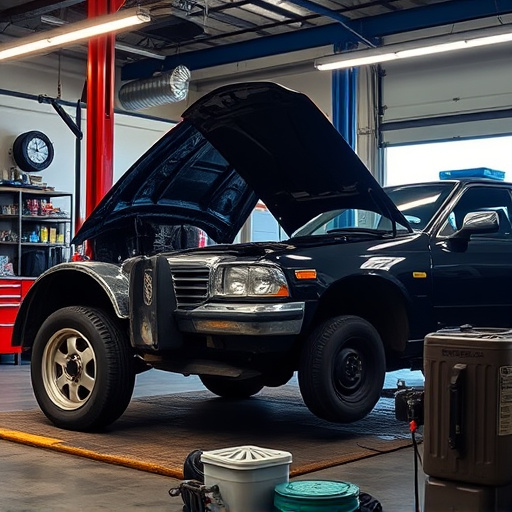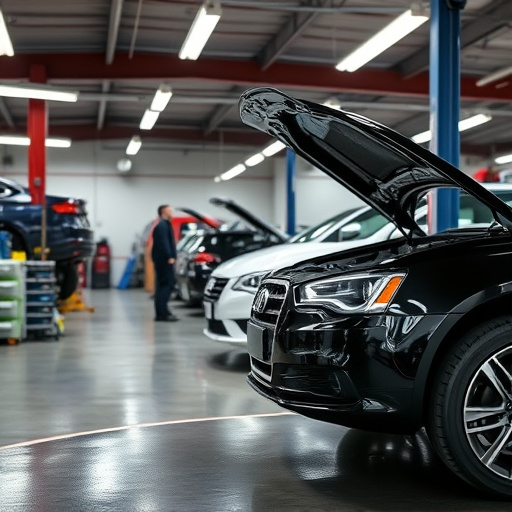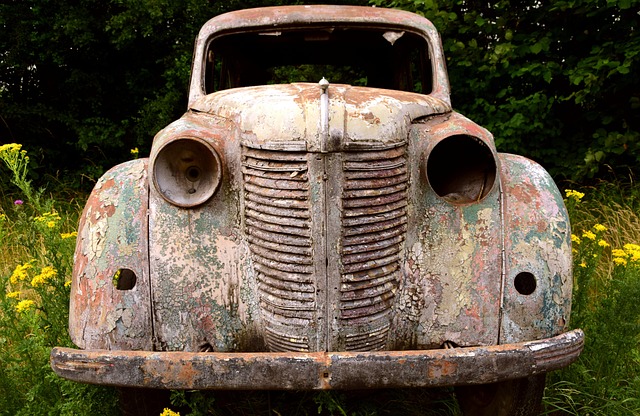Corrosion, caused by oxygen and moisture, damages vehicle metal, leading to structural issues and costly repairs. Anti-corrosion materials, such as advanced coatings and treatments, protect against moisture, extending component lifespan and saving costs. Innovative solutions like polymer coatings and nanocomposites offer better protection against rust in diverse climates, minimizing corrosion repair needs for longer vehicle lifespans. Choosing the right anti-corrosion materials based on environmental conditions, intended use, and budget ensures optimal vehicle condition over time.
In today’s world, vehicle longevity is closely tied to protection against corrosion. Understanding and mitigating corrosion, a silent menace that eats away at metal frames and underbody components, is essential for maintaining safety and resale value. This article delves into the heart of the issue, exploring anti-corrosion materials and technologies designed to safeguard your vehicle. From understanding the science behind corrosion to selecting the right materials, we provide practical insights for both car enthusiasts and maintenance professionals.
- Understanding Corrosion and Its Impact on Vehicles
- Exploring Modern Anti-Corrosion Coating Technologies
- Practical Applications: Choosing the Right Materials for Your Vehicle
Understanding Corrosion and Its Impact on Vehicles
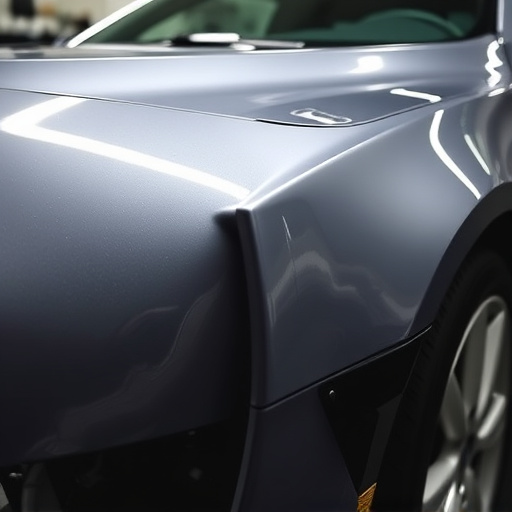
Corrosion is a natural process that occurs when metal comes into contact with oxygen and moisture, leading to the degradation and destruction of its structure. In vehicles, this can manifest as rust, pitting, and cracking on various components, from the frame to underbody parts. The impact of corrosion goes beyond aesthetics; it weakens structural integrity, increases weight, and can lead to costly repairs or even vehicle failure. Over time, untreated corrosion can compromise safety and performance, making it a significant concern for vehicle owners and maintenance professionals alike.
Anti-corrosion materials play a pivotal role in safeguarding vehicles from these detrimental effects. By employing advanced coatings, treatments, and protective layers, car paint services offer a robust defense against moisture intrusion. These measures not only enhance the lifespan of vehicle components but also contribute to overall efficiency and cost savings in the long run. Additionally, dent removal techniques can be utilized to address external damage that may compromise the integrity of anti-corrosion barriers, ensuring that vehicles remain well-protected throughout their service lives.
Exploring Modern Anti-Corrosion Coating Technologies
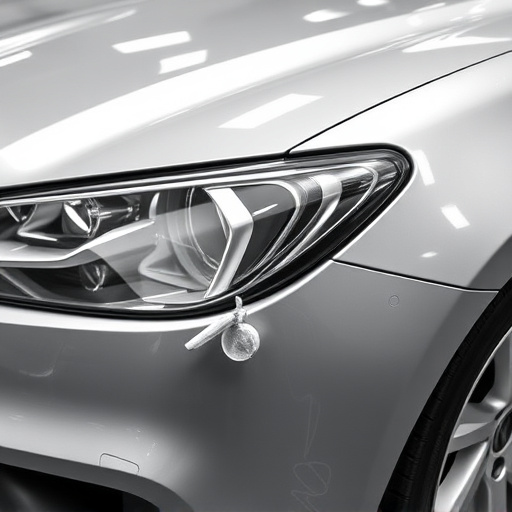
The world of anti-corrosion materials has seen remarkable advancements in recent years, offering innovative solutions for protecting vehicles from rust and corrosion. These modern technologies are revolutionizing the automotive repair and vehicle collision repair industries by providing longer-lasting protection for both frames and underbody components. From advanced polymer coatings to nanocomposite layers, these cutting-edge materials promise enhanced durability and increased resistance against environmental aggressors.
In the realm of autobody repairs, understanding the unique challenges posed by various climate conditions is key. Coating technologies now incorporate specific additives that form protective barriers against moisture, UV radiation, and chemicals often encountered in daily driving. This not only extends the lifespan of vehicles but also reduces the frequency of costly automotive repair procedures related to corrosion damage.
Practical Applications: Choosing the Right Materials for Your Vehicle
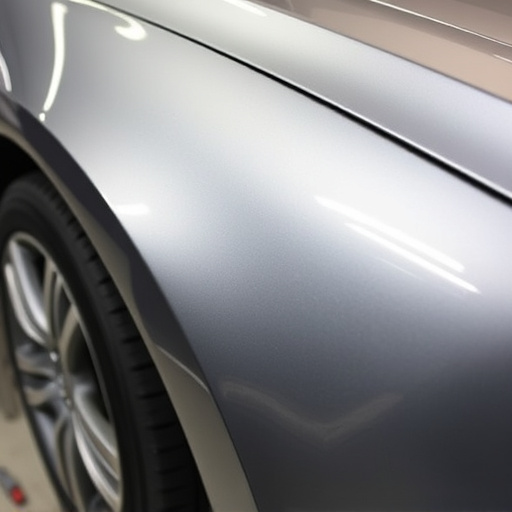
When it comes to safeguarding your vehicle’s frame and underbody against the relentless assault of rust and corrosion, the right anti-corrosion materials can make all the difference. These materials play a pivotal role in extending the lifespan of your car, suv, or truck, preventing costly collision repair services and intricate automotive repair processes that often arise from severe corrosion.
Choosing the ideal anti-corrosion solution involves considering factors such as environmental conditions, intended use, and budget. For instance, while some materials offer superior protection against salt water and moisture, others might be more effective in mitigating fuel spills and road grime. Ultimately, selecting the right combination of coatings, sealing agents, and underbody shields can ensure your vehicle remains in pristine condition, even after years of exposure to harsh elements, paving the way for a seamless car restoration process if ever needed.
Anti-corrosion materials play a pivotal role in safeguarding vehicles from the detrimental effects of rust and corrosion. By understanding the impact of corrosion and leveraging modern coating technologies, vehicle owners can extend the lifespan of their frames and underbodies. When selecting anti-corrosion materials, considering factors like durability, environmental suitability, and compatibility with specific vehicle parts is essential for effective protection. Investing in high-quality coatings not only prevents structural damage but also retains the vehicle’s aesthetic appeal, ensuring a longer-lasting and more reliable ride.
